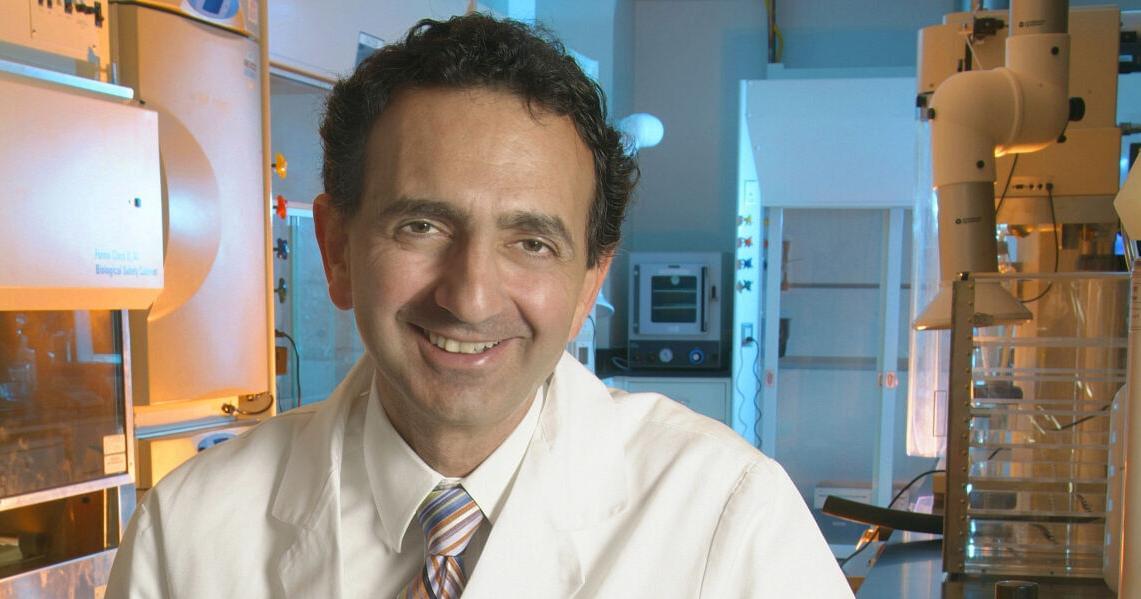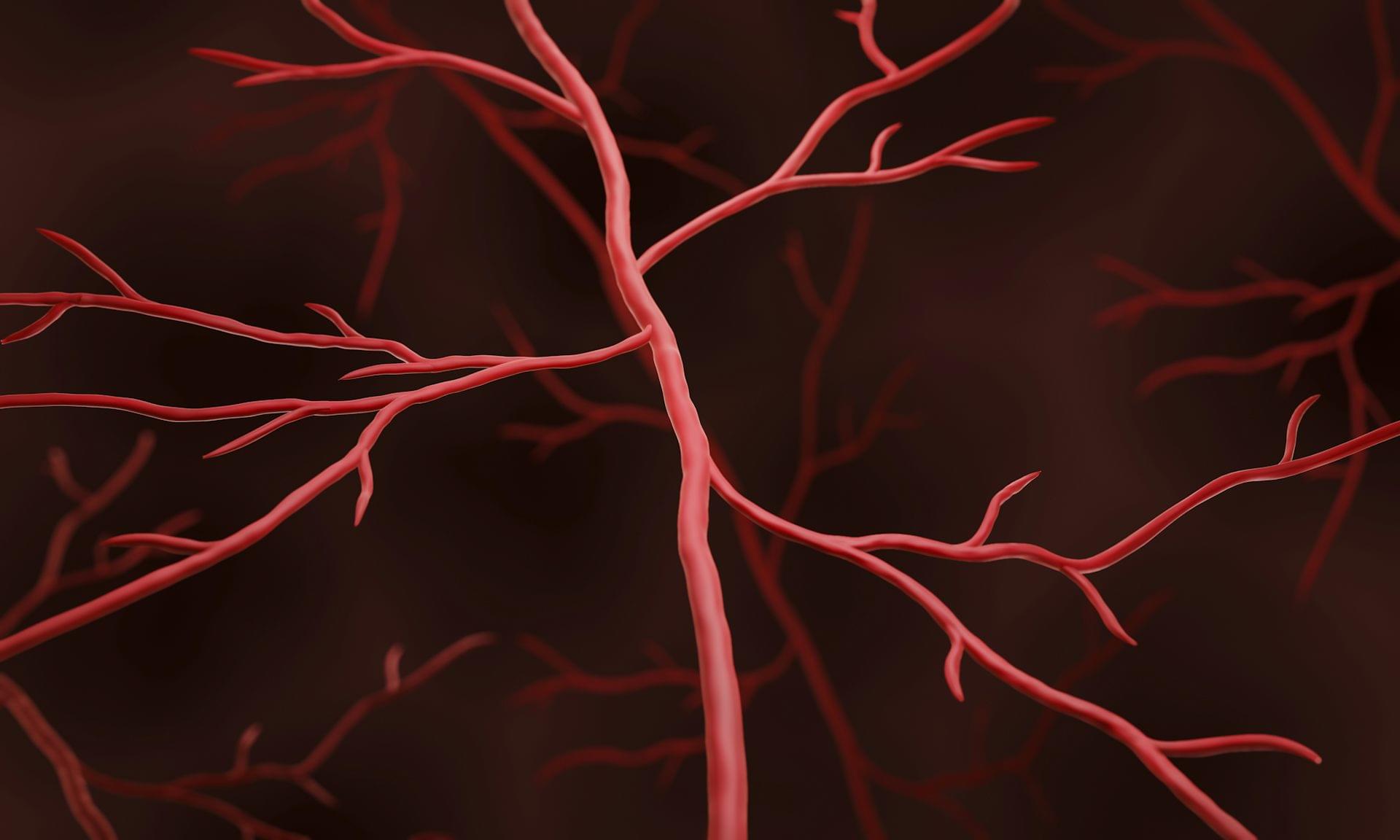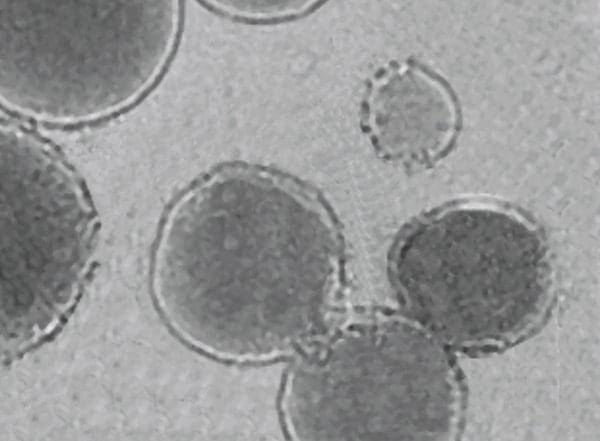Science fiction is becoming science fact right here in Winston-Salem, thanks to the pioneering work of Dr. Anthony Atala and his staff at the Wake Forest Institute for Regenerative Medicine.



Astronomers have detected a giant exoplanet—between three and ten times the size of Jupiter—hiding in the swirling disk of gas and dust surrounding a young star.
Earlier observations of this star, called MP Mus, suggested that it was all alone without any planets in orbit around it, surrounded by a featureless cloud of gas and dust.
However, a second look at MP Mus, using a combination of results from the Atacama Large Millimeter/submillimeter Array (ALMA) and the European Space Agency’s Gaia mission, suggest that the star is not alone after all.


Tumors can destroy the blood vessels of muscles even when the muscles are nowhere close to the tumor. That is the key finding of a new study that my colleagues and I recently published in the journal Nature Cancer.
Muscle loss in cancer patients is a major health problem, but the exact causes of how precisely tumors affect muscles remain an active area of research.
Scientists in my lab were curious whether one explanation for the muscle loss in cancer patients could be that the cancer impairs the blood vessels that are necessary to supply nutrients and oxygen to muscles. Healthy blood vessels ensure that blood containing oxygen and nutrients is transported from the heart to all tissues and organs in the body, and then circulates back to the heart. Unhealthy blood vessels lose the ability to circulate sufficient blood and develop leaks, with nutrients seeping into the tissue prematurely and thereby cutting off the supply of nutrients to tissues that are further downstream.

We’ve detected that JavaScript is disabled in this browser. Please enable JavaScript or switch to a supported browser to continue using x.com. You can see a list of supported browsers in our Help Center.
Terms of Service Privacy Policy Cookie Policy Imprint Ads info © 2025 X Corp.


Cybersecurity researchers have discovered a set of four security flaws in OpenSynergy’s BlueSDK Bluetooth stack that, if successfully exploited, could allow remote code execution on millions of transport vehicles from different vendors.
The vulnerabilities, dubbed PerfektBlue, can be fashioned together as an exploit chain to run arbitrary code on cars from at least three major automakers, Mercedes-Benz, Volkswagen, and Skoda, according to PCA Cyber Security (formerly PCAutomotive). Outside of these three, a fourth unnamed original equipment manufacturer (OEM) has been confirmed to be affected as well.
“PerfektBlue exploitation attack is a set of critical memory corruption and logical vulnerabilities found in OpenSynergy BlueSDK Bluetooth stack that can be chained together to obtain Remote Code Execution (RCE),” the cybersecurity company said.


Imagine if doctors could precisely print miniature capsules capable of delivering cells needed for tissue repair exactly where they are needed inside a beating heart. A team of scientists led by Caltech has taken a significant step toward that ultimate goal, having developed a method for 3D printing polymers at specific locations deep within living animals. The technique relies on sound for localization and has already been used to print polymer capsules for selective drug delivery as well as glue-like polymers to seal internal wounds.
(Someone already probably posted this. This is jus from Caltech)
When the team used the DISP platform to print polymers loaded with doxorubicin, a chemotherapeutic drug, near a bladder tumor in mice, they found substantially more tumor cell death for several days as compared to animals that received the drug through direct injection of drug solutions.
“We have already shown in a small animal that we can print drug-loaded hydrogels for tumor treatment,” Gao says. “Our next stage is to try to print in a larger animal model, and hopefully, in the near future, we can evaluate this in humans.”
The team also believes that machine learning can enhance the DISP platform’s ability to precisely locate and apply focused ultrasound. “In the future, with the help of AI, we would like to be able to autonomously trigger high-precision printing within a moving organ such as a beating heart,” Gao says.
